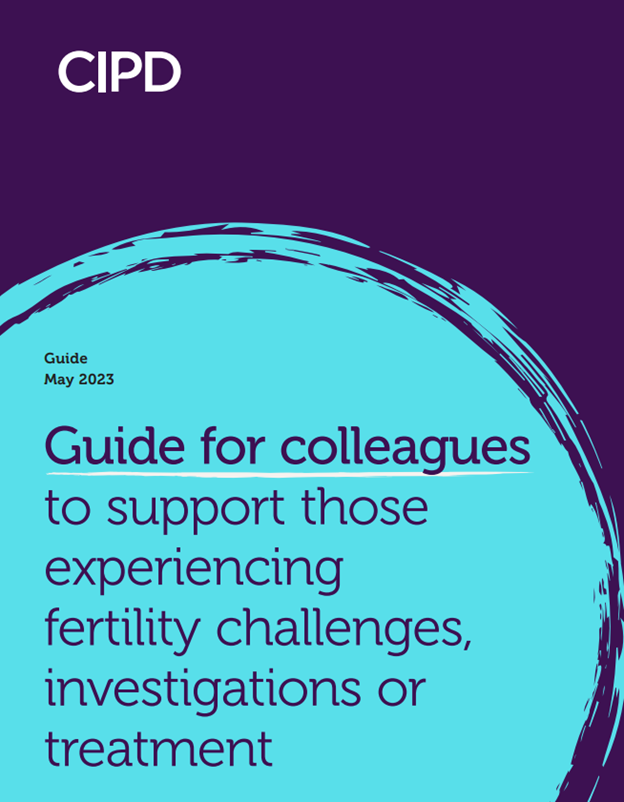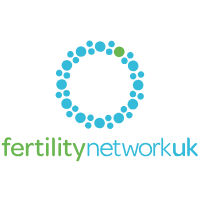
Infertility affects around one in seven couples in the UK, and yet it’s not often addressed in the workplace, meaning it becomes a hidden issue.
Remember, it’s not just women who may require support; fertility issues are just as likely to affect men. It’s also important to remember that the partner of someone experiencing fertility challenges is also likely to need support and
understanding.
This page provides avenues for support for colleagues who may be experiencing fertility challenges.
What can you do to help
a colleague experiencing
fertility issues?
- Knowing what to say or do when someone faces a challenging life event such as infertility. can be difficult. You may worry about saying the wrong thing and so say nothing at all. This could feel very isolating for some people.
- A colleague may or may not want to talk about their situation in detail, but acknowledging their experience if they do share it is very important.
- Asking open questions such as “How are you doing?” will help them feel they can talk to you about it if they want to.
- Responding in a sensitive way is key. It’s important to be guided by the individual experiencing the situation. Some people may choose not to discuss it. This should be respected, but you can still ask how they are.
Fertility Network UK has this advice:
- Acceptance and advice: it’s very important to accept that the person really does have a fertility problem if they tell you so. It’s best to leave advice to the medics.
- Reassurance and encouragement: there is little reassurance you can give to a couple about whether they will eventually have a baby. A positive attitude does not improve the chance of success, so advocating ‘positive thinking’ is not necessarily helpful.
- Empathy and support: infertility can be experienced like a bereavement. The grieving process is long and drawn out because they may find it hard to start to come to terms with their loss until they are satisfied they have tried all the options they are prepared to undergo, or can afford.
- Sensitive events: Certain events could be particularly upsetting for a colleague experiencing fertility challenges, such as Mother’s Day or Father’s Day, pregnancy announcements and baby showers. This doesn’t mean that you or a colleague who is expecting a child can’t share their experience and anticipation, but you need to show compassion and sensitivity if you know another team member hasn’t been so fortunate.
- Compassion for all: Don’t assume someone’s personal situation or family make-up and offer support to anyone experiencing fertility challenges. This includes men and women, same-sex couples, people pursuing parenthood alone, people choosing to delay parenthood (ie through egg freezing) and people with secondary infertility (ie someone has a child or children but is having difficulties conceiving again). It’s also important to recognise that some people could use surrogacy to start or grow a family and they too could experience infertility.
Resources
Click on the image below to view a guide from the CIPD (Chartered Institute of Personnel and Development) to support colleagues with fertility challenges.
Fertility Network UK is a national patient-focused fertility charity, which provides free and impartial support, advice, information and understanding for anyone affected by fertility issues.
Information line: 01424 732361
Click on the logo below to be taken to their website for further information and support.
Fertility Matters at Work is a Community Interest Company (CIC) on a mission to educate and inspire businesses with an awareness of how fertility issues affects both their employees and their organisation. Watch this short video to find out more.

The NHS provides information on fertility
problems, including advice on the causes of fertility problems and lifestyle factors that can contribute to fertility problems, diagnosis and treatment options.

